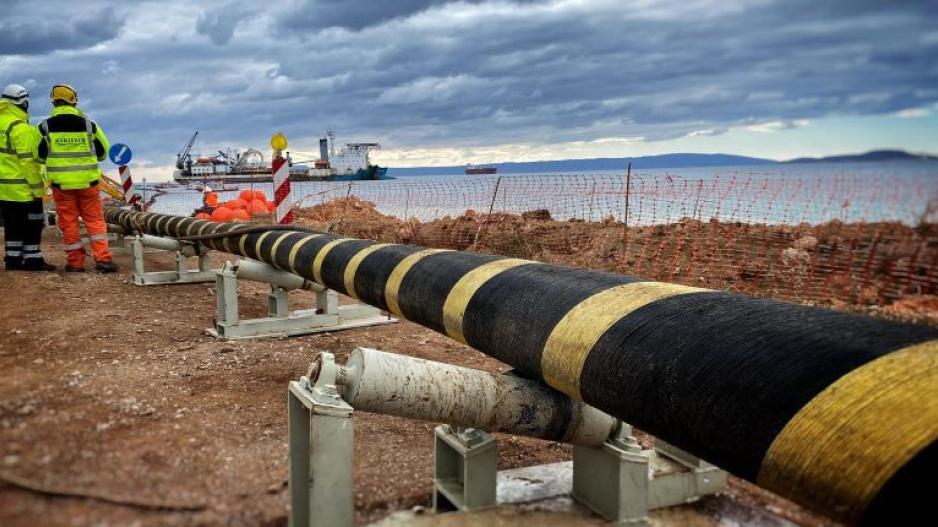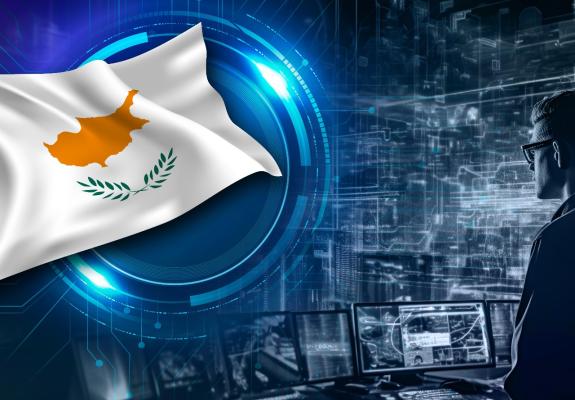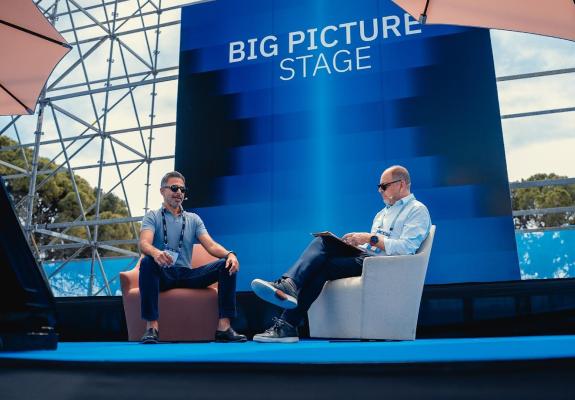American Legal Experts to Decide Cyprus' Role in the Great Sea Interconnector
The Ministry of Finance remains skeptical about the project, particularly the state's equity participation.
The American law firm Curtis, Mallet-Prevost, Colt & Mosle LLP has been appointed by the Republic of Cyprus to evaluate the country's participation as a shareholder in the ambitious Great Sea Interconnector project. The firm's findings are expected to influence Cyprus' role in the project's governance and financial structure.
Curtis will assess whether the Republic's demands are met, including the certification of the Great Sea Interconnector as an independent Transmission System Operator (TSO) under European law. This certification hinges on a well-defined shareholder structure that involves both Greece and Cyprus, ensuring the project's assets can be transferred in a second phase.
The Cypriot government awaits a written update from Athens regarding the new concession agreement. Once received, the agreement will be forwarded to the Cyprus Energy Regulatory Authority (CERA) for review by Curtis.
Founded in 1830, Curtis, Mallet-Prevost, Colt & Mosle LLP is a leading international law firm offering a broad spectrum of legal services. The firm has extensive experience advising governments and corporations on energy, infrastructure, and telecommunications projects, particularly in emerging markets. Its portfolio includes structuring, negotiating, and drafting complex international energy contracts and financial transactions.
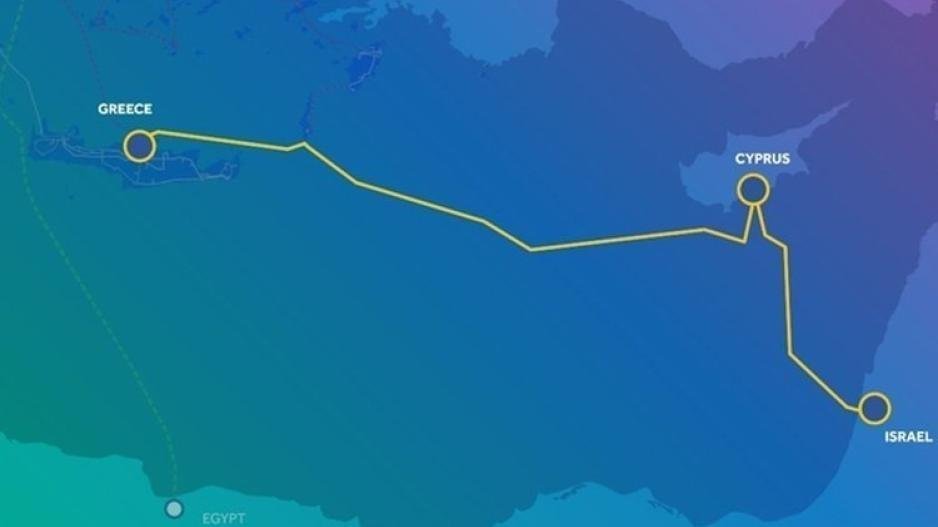
Energy Minister George Papanastasiou has requested changes to the concession agreement, prepared by the project’s operator ADMIE (Independent Power Transmission Operator of Greece). Cyprus demands ownership of the interconnector’s infrastructure as a prerequisite for its €100 million investment in the project's subsidiary, Great Sea Interconnector. The current agreement describes the company solely as an implementation body without infrastructure ownership.
Curtis' due diligence report highlights concerns about ADMIE's proposed terms for equity investment, citing them as underdeveloped and insufficient to attract serious strategic investors. It notes limited profitability prospects and significant challenges in securing financing for the project.
Additionally, a report by Charles River Associates, another U.S.-based consulting firm, questions whether the interconnector will reduce electricity costs for Cypriot consumers. The analysis also examines the technical feasibility of the subsea cable and its completion potential.
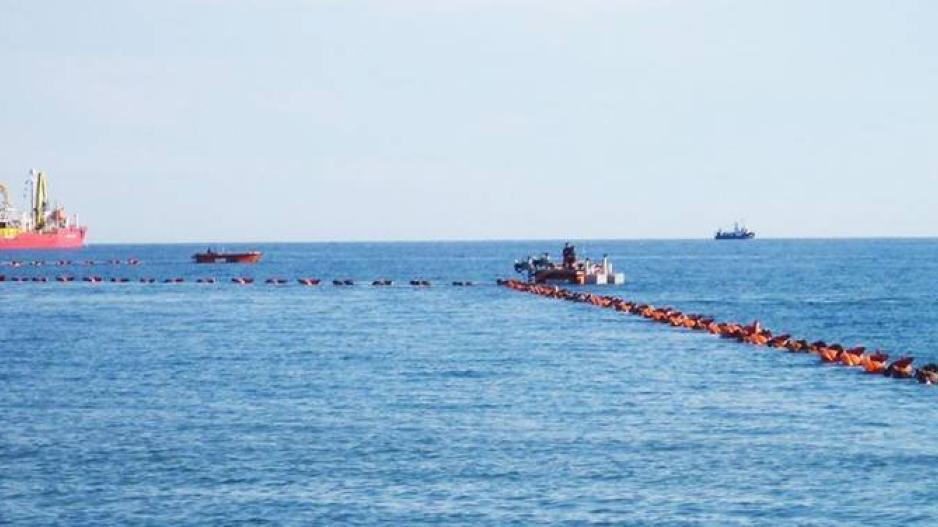
The Ministry of Finance remains skeptical about the project, particularly the state's equity participation. It argues that such involvement could expose Cyprus to excessive financial risks and guarantees, potentially harming public finances. The Ministry has stated it will only support the project if the European Investment Bank (EIB) approves ADMIE's €500 million loan request. Notably, a similar request by EuroAsia Interconnector was previously rejected by the EIB.
Despite financial concerns, the Cypriot Presidency and the Ministry of Energy are keen on participating in the interconnector’s development while aiming to keep project costs low. Finance Minister Makis Keravnos, however, continues to challenge the project’s benefits for Cypriot energy consumers, emphasizing the need for exhaustive negotiations before committing to any equity participation.
